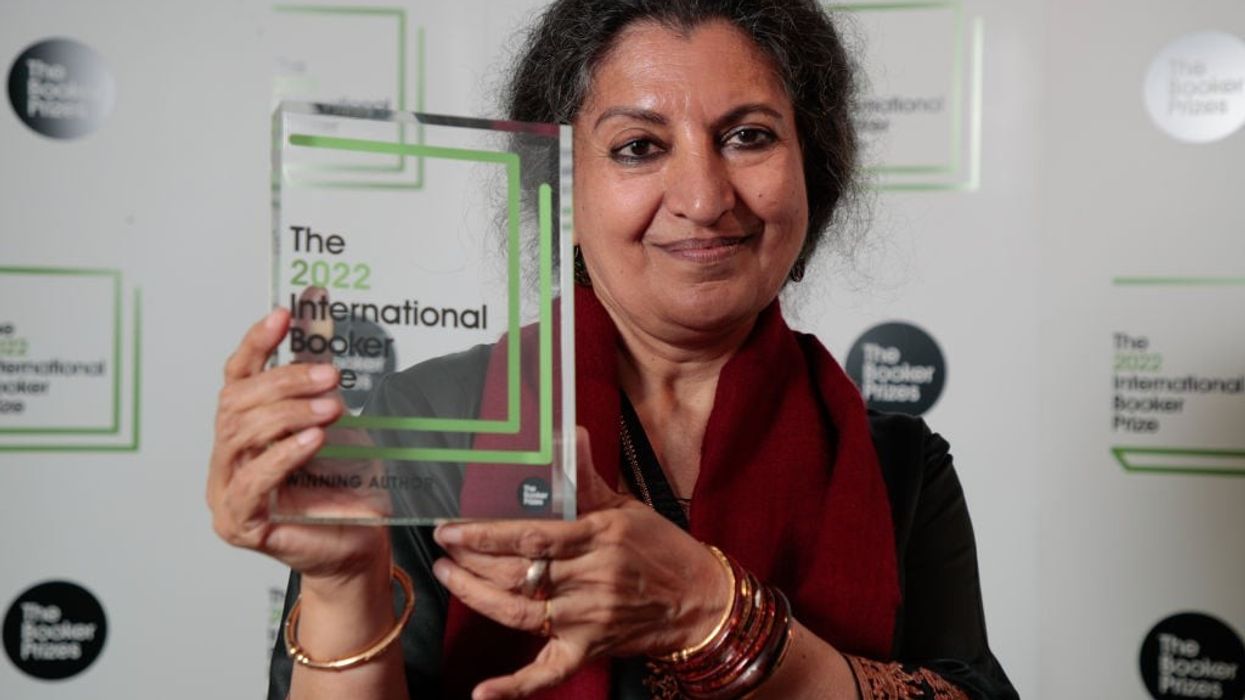Hindi is my comfort language and it is through this language that I want to express myself better, Geetanjali Shree, the winner of the International Booker Prize 2022, has said here.
Kicking off the opening session on the second day of the 41st Sharjah International Book Fair (SIBF), Shree engaged with a large number of students from various schools in the UAE.
"I grew up at a time when regional vocabulary was much more common. Hindi is my comfort language and it is through this language that I want to express myself better," Shree said on Thursday while talking to news platform 'The Brew'.
Shree won the International Booker Prize 2022 for her novel "Ret Samadhi", which was translated into English as "Tomb of Sand" by American translator Daisy Rockwell. She is the first Hindi author to win the International Booker Prize.
"All languages have their own vast rich history and we cannot compare one with another. English is today a primary language for global communication but other countries, including India, have a wide variety of languages and dialects, and we must take pride in these,'' Shree said. Set in north India, "Tomb of Sand" is the tale of 80-year-old 'Ma', who insists on travelling to Pakistan, simultaneously confronting the unresolved trauma of her teenage experiences of Partition, and re-evaluating what it means to be a mother, a daughter, a woman and a feminist.
The author of the novel that connects the two ends of the age spectrum admitted to "being nervous about meeting tomorrow's generation".
"I write for adults and know them well. While meeting the younger generation who will lead tomorrow, I feel nervous," she said.
''These are people to whom the world belongs, and who will save the world from the challenges currently impacting humanity,'' she added. Now a successful writer, it wasn't always a ''lucrative'' activity for Shree.
''It is for each one of us to decide how we can sustain it bearing in mind the needs of our families. Pursuing your passion is about how well you can blend it with your career and sustain it,'' the 65-year-old said.
Responding to a question on the qualities required to become an author, Shree said: ''I believe honesty to oneself is prime when it comes to writing. Staying sensitive to different points of view that may differ from one’s own is very important to create an overall picture. Also, one needs to widen the horizons of their imagination to nurture stories and express them.” Having moments of self-doubt is ''sometimes a good thing'', said the award-winning author, adding, ''Uncertainty can be healthy and helps in pursuing excellence. If you are a writer, write diligently and express thoughts eloquently - leave the rest for readers to decide!” She is attending SIBF for the first time this year and is set to have a public appearance on Saturday.
(ANI)




